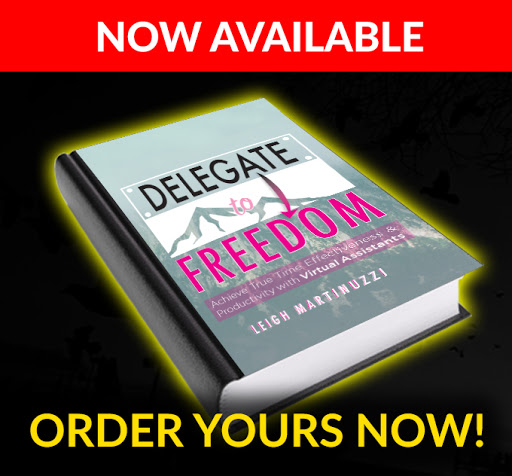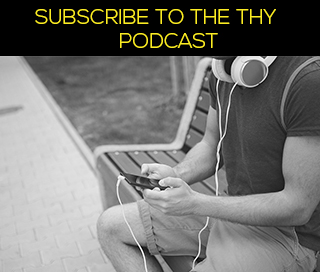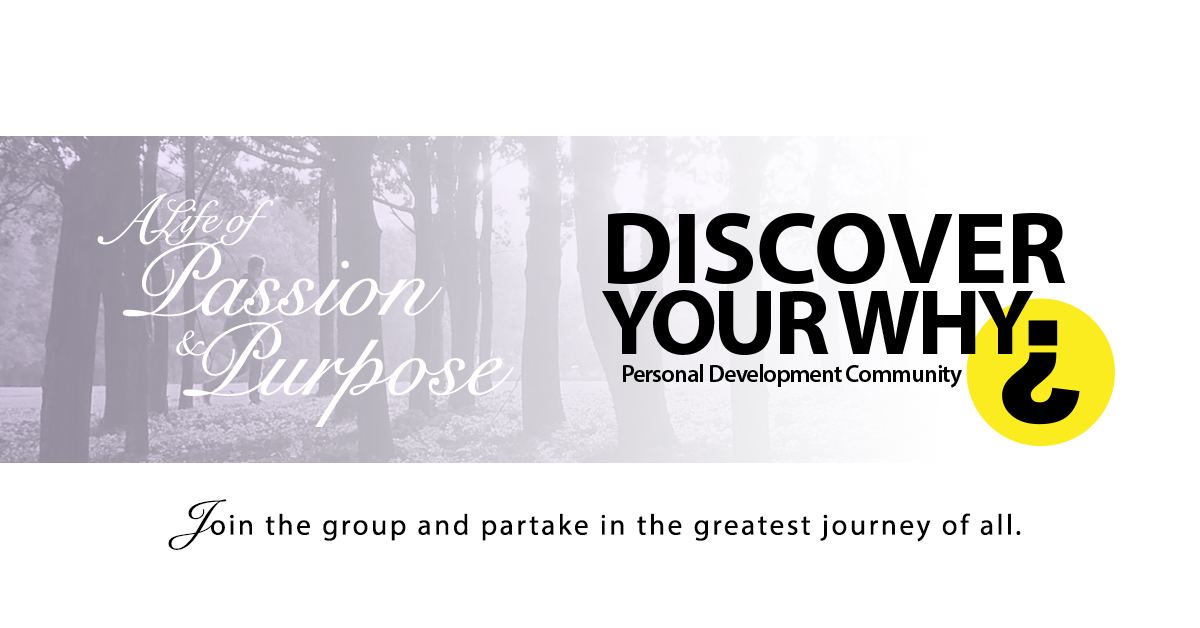
Part 1 – What is Thinking. Consciousness & Mindfulness.
“Whatever a monk keeps pursuing with his thinking & pondering, that becomes the inclination of his awareness. If a monk keeps pursuing thinking imbued with renunciation, abandoning thinking imbued with sensuality, his mind is bent by that thinking imbued with renunciation. If a monk keeps pursuing thinking imbued with non-ill will, abandoning thinking imbued with ill will, his mind is bent by that thinking imbued with non-ill will. If a monk keeps pursuing thinking imbued with harmlessness, abandoning thinking imbued with harmfulness, his mind is bent by that thinking imbued with harmlessness.”
In this post, I will reflect on a sutta in which Buddha discusses Two Sorts of Thinking. You can find it in Majjhima Nikaya – “The Middle-length Discourses.” 19: Dvedhavitakka Sutta: Two Sorts of Thinking.
First, suttas are Buddhist scriptures that include readings or teaching of the enlightened Buddha. This particular collection or “Nikaya” is the second of five and contains 152 discourses (written or spoken communication or debate).
Secondly, let me just highlight that I am not a monk, Buddhist or religious expert. However, if I were to attach myself to any particular religion it would be Buddhism as this is the religion that I refer to, reflect on and use to create a better understanding of my existence. For the purpose of this post, these are simply my thoughts of introspection on this particular discourse. I hope it brings value to your life as it does mine.
The two thoughts are thoughts of sensuality, thoughts of ill will and thoughts of harm as opposed to thoughts of non-sensuality, thoughts of non-ill will and thoughts of non-harm. The first set of thoughts will be conducive and purposeful to self-suffering, affliction on others or both while the second set promotes the opposite – a sense of calmness that reduces the suffering we experience, that we may inflict on others and the overall displeasure,
The first set of thoughts will be conducive and purposeful to self-suffering or affliction on others, or both. While the second set promotes the opposite – a sense of calmness that reduces the suffering we experience, that we may inflict on others and the overall displeasure, dissatisfaction, and feelings of restraint that come to a life that is bound by the more “negative” set of thoughts as above.
What are these thoughts? Let’s first take a look at what is thought. “Thought” is described as “an intention, idea or opinion produced by thinking.” It is the attention of the mind. They come without will or control are often very abruptly.
Neuroscience, the sciences and psychology that studies the functions and structures of the nervous system and the brain, suggest that thought is produced without “will.” It is now understood that humans do not have “free-will.”
Thinking allows us to process and model our reality based on the arrangement of ideas through direct experiences of our world. In thinking, we are processing this information to interpret, predict, and to make meaning of our reality.
This subject is deeper than I wish to attempt to explain here. It is possible that I am incorrect, however, to put simply, our thoughts are our interpretation of our life experiences, based on our physical senses and external environment. The brain uses this process in finding meaning that is used to predict and produce the reality we live in.
Our thoughts become our reality. Now, while we have little control over the firing of thoughts that occur spontaneously within our brain we can direct our experience. This is perhaps both good news and not so good news.
The early years of life we experience are mostly dependent on others and so our conditioned state and the thoughts we produce today have been largely influenced externally wth little self-influence. As we a freed from the harness of dependency and allowed to navigate our life’s journey the experience of life becomes our responsibility – this reason we must take ownership of our journey.
This doesn’t, however, eradicate or remove thoughts that are non-beneficial for they have become our systems “go to” in order to create efficiencies in predicting future experience. As I have recently learned and had to change my perspective is that we do not react to this world and as a result create our experience or reality. We predict our world and create our experience/reality. And so our past years may bind us to a certain path unless we become more mindful of our thoughts.
As I have recently learned and had to change my perspective is that we do not react to this world and as a result create our experience or reality. We predict our world and create our reality based on past experience. Therefore, our past years may bind us to certain paths in life unless we become more mindful of our thoughts.
We are conscious beings and without consciousness, we are nothing. The idea is arguable but if I cannot think, process and interpret this world and my experience than what truly does exist? Do I exist? To you, I might appear to exist but if you too are not conscious, what then?
I like this thought, it’s kind of humbling. It makes me feel less pressured by the reality that I live and all of the chaos and external happenings that are consistently taking place. It is not because I wish to retreat, escape or abandon responsibilities – it is actually the quite the opposite. I wish to become more effective in truly living a high-quality life and I find myself better doing this the more I understand that my reality is really just a matter of my consciousness.
The majority of the knowledge I share in this post has been inspired by Lisa Feldman Barrett and her book, “How Emotions Are Made: The Secret Life of The Brain.”
In the closing of one of the chapters in her books, this is what she states.
“If your brain operates by prediction and construction and rewires itself through experience, then it’s no overstatement to say that if you change your current experiences today, you can change who you become tomorrow.”
The issue that arises from all this is that if the brain is constantly predicting the future and in the process causing us to behave in a way that meets this prediction how are we then to able to influence our experiences we have? If there is no free-will and we are simply acting in automation can we change our experiences?
The best answer and method I have found is through mindfulness. This is the practice of focusing on the mind. To be more aware, to view our thoughts and their source and consciouses attention to what they mean, why they exist so we can better interpret them. This attention forces the brain to seek more information that will assist to influence and even better direct our behaviors and that can change our experience and our reality.
In Part 2, I will discuss Dvedhavitakka Sutta: Two Sorts of Thinking. The thoughts of sensuality, thoughts of ill will, and thoughts of harm and how by focusing our attention on our thoughts we can produce more positive outcomes for the course of our life.
FIND YOUR HIDDEN WHY with THE HIDDEN WHY (THW)
BUILD YOUR LIFE AROUND YOUR PASSION AND LIVE WITH PURPOSE
Sign up for free below and receive cool stuff from me each week + Plus a free copy of “The Four Pillars of Success”
In my weekly emails you will receive ideas, thoughts, learning’s and inspiration on:
- How to design a life that you want and live by your terms
- How to live a life with passion & purpose
- Methods, strategies, & techniques on life hacks
- Messages on how to better live your life
- We will also keep you up to date with fantastic interviews from THW podcast













Leave a Reply